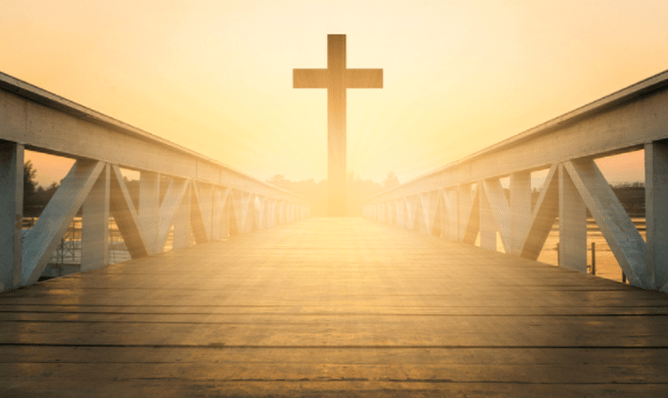Ephesians Chapter 2:11-22 invites me, a Gentile, to remember where we were and reminds us where we are.
Where we were: "...remember that at that time you were separate from Christ, excluded from citizenship in Israel and foreigners to the covenants of the promise, without hope and without God in the world." (v 12).
We were separate from God, excluded, without hope, foreigners, without God in the world.
Where we are: "Consequently, you are no longer foreigners and strangers, but fellow citizens with God’s people and also members of his household." (v 19).
From foreigners and strangers we are now fellow citizens with God’s people, and members of his household!
God’s grace is staggering!
How can this be? At the heart of this section of chapter 2 are verses 13-14:
"But now in Christ Jesus you who once were far away have been brought near by the blood of Christ. For he himself is our peace, who has made the two groups one and has destroyed the barrier, the dividing wall of hostility."
I appreciate what Jarvis Williams writes, “The good news of the gospel includes the fact that the Jewish Messiah, Jesus, died so that he would put an end to the dividing wall of hostility between Jews and Gentiles, to reconcile Jews and Gentiles to God, and to each other into one body through the cross, which made both groups into one dwelling place of God by the Spirit (2:14-22)."
182 years ago this weekend, lieutenant-governor Captain William Hobson would say to each chief as they completed their signing of the Treaty at Waitangi, "He iwi tahi tātou (now we are all one people)."
Professor Peter Lineham suggests Hobson's words were selected by missionary Henry Williams and are loosely based on Ephesians 2:13-14.*
Ephesians 2:13-14 invites me to remember that at the heart of the treaty, is the heart of the cross.
The Waitangi Covenant, as the treaty was known by many Māori (in the 1840’s-60’s), wouldn’t exist except for the cross of Christ.
The reconciling power of the cross is an undercurrent in the formation of the Treaty of Waitangi.
Ephesians 2 invites us to remember the death and resurrection of Jesus stands at the centre of our personal histories. Jesus' death and resurrections stands at the centre of human history, and our history as peoples together on these islands.
* Lineham, P., ‘Bible and Society’. The Bible Society of NZ (1996) pg. 6



